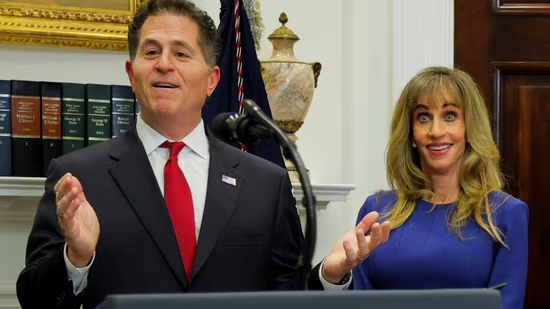Core inflation rises by highest rate since 2022 as tariffs bite
- Alexangel Ventura

- Aug 14, 2025
- 3 min read
According to Thursday's release of the Producer Price Index (PPI) report by the U.S. Bureau of Labor Statistics, the rate at which core inflation rose was the highest rate since the inflation spike of 2022 as tariff-related inflationary pressures spike, igniting criticism by experts in regard to the current Trump administration's economic policy.

The Producer Price Index for final demand rose 0.9% in July, which was massively higher than what investors anticipated, which was a mere 0.2%. This jump was the largest monthly rise in core inflation since May 2022, when inflation reached their highest levels in decades. Meanwhile, in June, the PPI report showed a flat reading.
On an unadjusted basis, the index for final demand (wholesale prices) rose 3.3% YoY ending in July, the largest 12-month rise since February 2025, according to the Bureau of Labor Statistics.
Core PPI, excluding volatile goods like food and energy, rose 0.6% monthly and somewhere between 2.8-3.7% YoY, depending on each source online.
This spike could be attributed to recent tariff pressures, including the implementation of a 15% "tax" on exporting artificial intelligence products from Nvidia and AMD, as well as flat tariff rates on Canada, the European Union, and other countries across the globe. This has pushed up the prices for many good across the market from electronics to vegetables, as shown by PPI's massive rise compared to its core PPI counterpart.
However, playing a major role in this massive rise in core inflation has been rising margins and services costs, as businesses begin to pass on the cost of tariffs over to consumers through widened wholesale and retailer margins. Key contributors in this pack include food prices, costlier materials, distributor services, and portfolio management fees.
Because of the release of this data, according to Polymarket, investors went from being very certain of a September rate cut to more unsure, with a jump to 22% of investors anticipating "No change" according to Polymarket. Stocks have sunk Thursday morning, with the S&P 500 falling 0.2% and the Dow 30 falling 0.2% as of 10:13 AM EST. Even in the Fed itself, San Francisco Fed President Mary Daly showed reservations about implementing large rate cuts as early as September.
Chris Zaccarelli, Chief Investment Officer of NorthLight Asset Management, reacted to this news by stating, "The large spike in the Producer Price Index (PPI) this morning shows inflation is coursing through the economy, even if it hasn't been felt by consumers yet. Given how benign the CPI numbers were on Tuesday, this is a most unwelcome surprise to the upside and is likely to unwind some of the optimism of a 'guaranteed' rate cut next month."
In addition, Peter Anderson, founder of Andersen Capital Management, reacted to this news by showing skepticism about enacting interest rate action soon. "It's sending a mixed message about the economy. We have been too anxious to draw a conclusion that the economy is fine, it's not overheated. But this wholesale data does show that perhaps there is some inflation working and we shouldn't be so quick to conclude, we need to cut interest rates. It reinforces the case that the Fed might say we still don't have a clear picture yet based on the tariffs in the employment picture to take any action and I would expect that they would tend to be neutral and make no change in September as opposed to the majority of opinions out there. I do think it would be premature if they did," Mr. Andersen explained.









